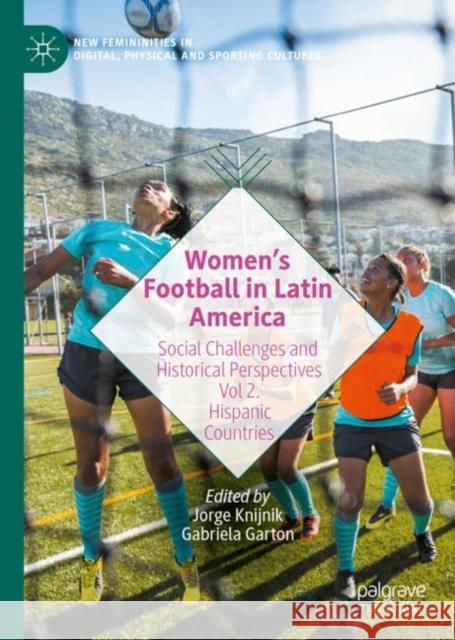Women's Football in Latin America: Social Challenges and Historical Perspectives Vol 2. Hispanic Countries » książka
topmenu
Women's Football in Latin America: Social Challenges and Historical Perspectives Vol 2. Hispanic Countries
ISBN-13: 9783031091261 / Angielski / Twarda / 2022
Women's Football in Latin America: Social Challenges and Historical Perspectives Vol 2. Hispanic Countries
ISBN-13: 9783031091261 / Angielski / Twarda / 2022
cena 522,07
(netto: 497,21 VAT: 5%)
Najniższa cena z 30 dni: 501,19
(netto: 497,21 VAT: 5%)
Najniższa cena z 30 dni: 501,19
Termin realizacji zamówienia:
ok. 22 dni roboczych
Dostawa w 2026 r.
ok. 22 dni roboczych
Dostawa w 2026 r.
Darmowa dostawa!
Kategorie:
Kategorie BISAC:
Wydawca:
Springer International Publishing AG
Seria wydawnicza:
Język:
Angielski
ISBN-13:
9783031091261
Rok wydania:
2022
Wymiary:
21.0 x 14.8
Oprawa:
Twarda
Dodatkowe informacje:
Wydanie ilustrowane











